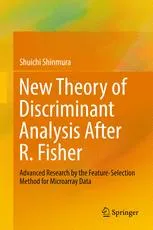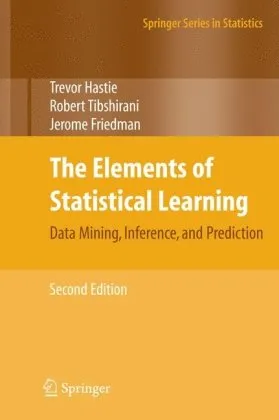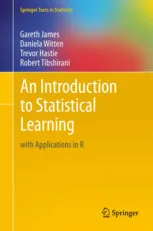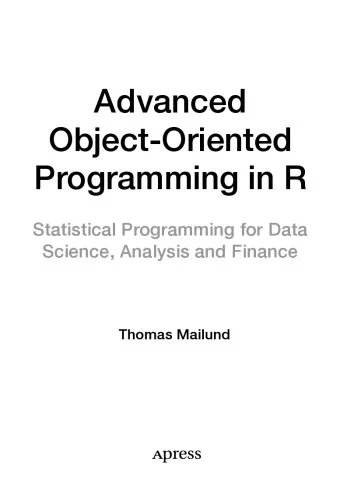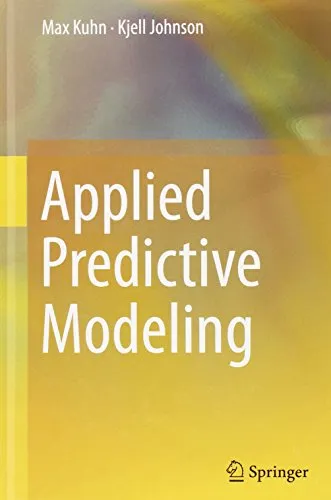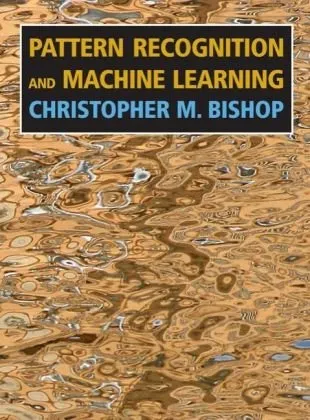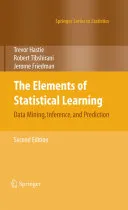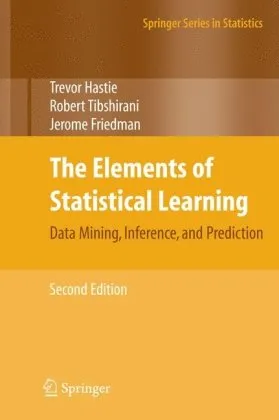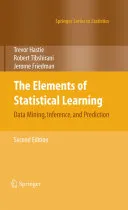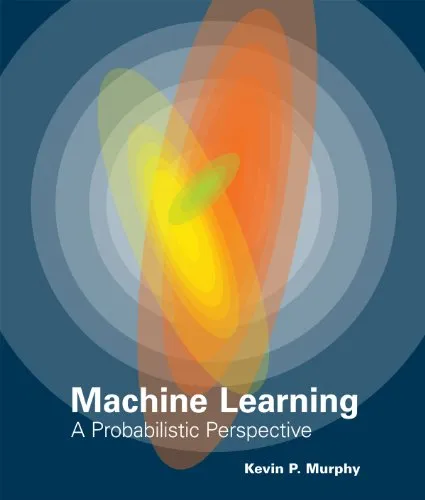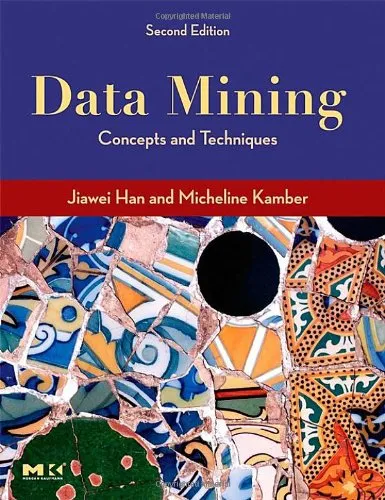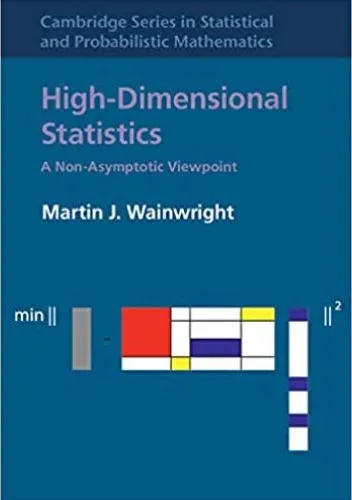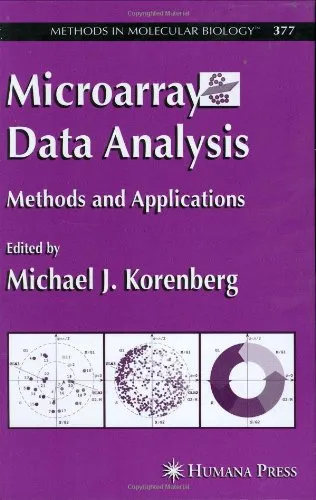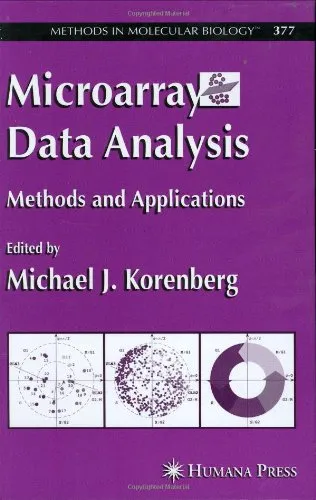New Theory of Discriminant Analysis After R. Fisher: Advanced Research by the Feature Selection Method for Microarray Data
4.3
Reviews from our users

You Can Ask your questions from this book's AI after Login
Each download or ask from book AI costs 2 points. To earn more free points, please visit the Points Guide Page and complete some valuable actions.Related Refrences:
Introduction
Welcome to a profound exploration of advanced research methodologies in discriminant analysis, as presented in "New Theory of Discriminant Analysis After R. Fisher: Advanced Research by the Feature Selection Method for Microarray Data". This book provides a significant leap forward from the pioneering work of Ronald Fisher, diving into the intricacies of modern statistical techniques used in the analysis of complex datasets, particularly microarray data.
Detailed Summary of the Book
The book ventures beyond traditional boundaries, offering a comprehensive examination of discriminant analysis techniques adapted for use with high-dimensional data, such as that found in microarrays. Microarrays have become a staple in genomics, requiring sophisticated methods to tackle the challenges posed by the vast amount of data they generate. In this context, the book serves as a definitive guide for researchers seeking to refine their analytical methodologies in the light of contemporary challenges.
The progression from R. Fisher's initial developments to current advancements is a central theme, as the book breaks down complex statistical concepts into accessible narratives. It systematically covers feature selection methods, which are crucial for handling the overwhelming number of variables present in microarray datasets. By emphasizing the selection of significant features, the book enhances the precision and interpretability of discriminant analysis results.
The intricacies of developing and validating reliable models are unpacked through various chapters, which emphasize practical applications and case studies. This approach not only solidifies theoretical understanding but also equips readers with the tools necessary for practical implementation and experimentation.
Key Takeaways
- Comprehensive understanding of advanced discriminant analysis techniques.
- Application of feature selection methods to improve analysis of microarray data.
- Bridging classic statistical approaches with modern computational techniques.
- Insight into the challenges and solutions for handling high-dimensional datasets.
- Enhanced model development through practical examples and case studies.
Famous Quotes from the Book
"The advancement of statistical methodology must evolve in tandem with the complexity of data, ensuring that our analytical tools are both robust and adaptive."
"In the era of 'big data', discerning the significant from the noise is the scientist's foremost challenge and greatest opportunity."
Why This Book Matters
In an age where data permeates every aspect of scientific inquiry, the ability to critically analyze and draw meaningful conclusions from large datasets is invaluable. This book not only updates the foundational principles laid down by R. Fisher but also integrates modern computational techniques, bringing discriminant analysis into the contemporary data landscape.
It is particularly significant for professionals and researchers dealing with microarray data, a field where traditional statistical methods often fall short due to the sheer volume and complexity of information. Through this work, readers are equipped with cutting-edge techniques that enhance their analytical arsenal, allowing for more accurate and insightful research outcomes.
Moreover, the emphasis on feature selection embodies a paradigm shift towards more efficient data analysis strategies, where computational burden is reduced, interpretability is enhanced, and results are more reliable.
This book is more than just a technical manual; it is a bridge between statistical theory and practical application, ensuring that the advancements in discriminant analysis are accessible and applicable to current and future challenges in data science.
Free Direct Download
You Can Download this book after Login
Accessing books through legal platforms and public libraries not only supports the rights of authors and publishers but also contributes to the sustainability of reading culture. Before downloading, please take a moment to consider these options.
Find this book on other platforms:
WorldCat helps you find books in libraries worldwide.
See ratings, reviews, and discussions on Goodreads.
Find and buy rare or used books on AbeBooks.
1402
بازدید4.3
امتیاز0
نظر98%
رضایتReviews:
4.3
Based on 0 users review
Questions & Answers
Ask questions about this book or help others by answering
No questions yet. Be the first to ask!
